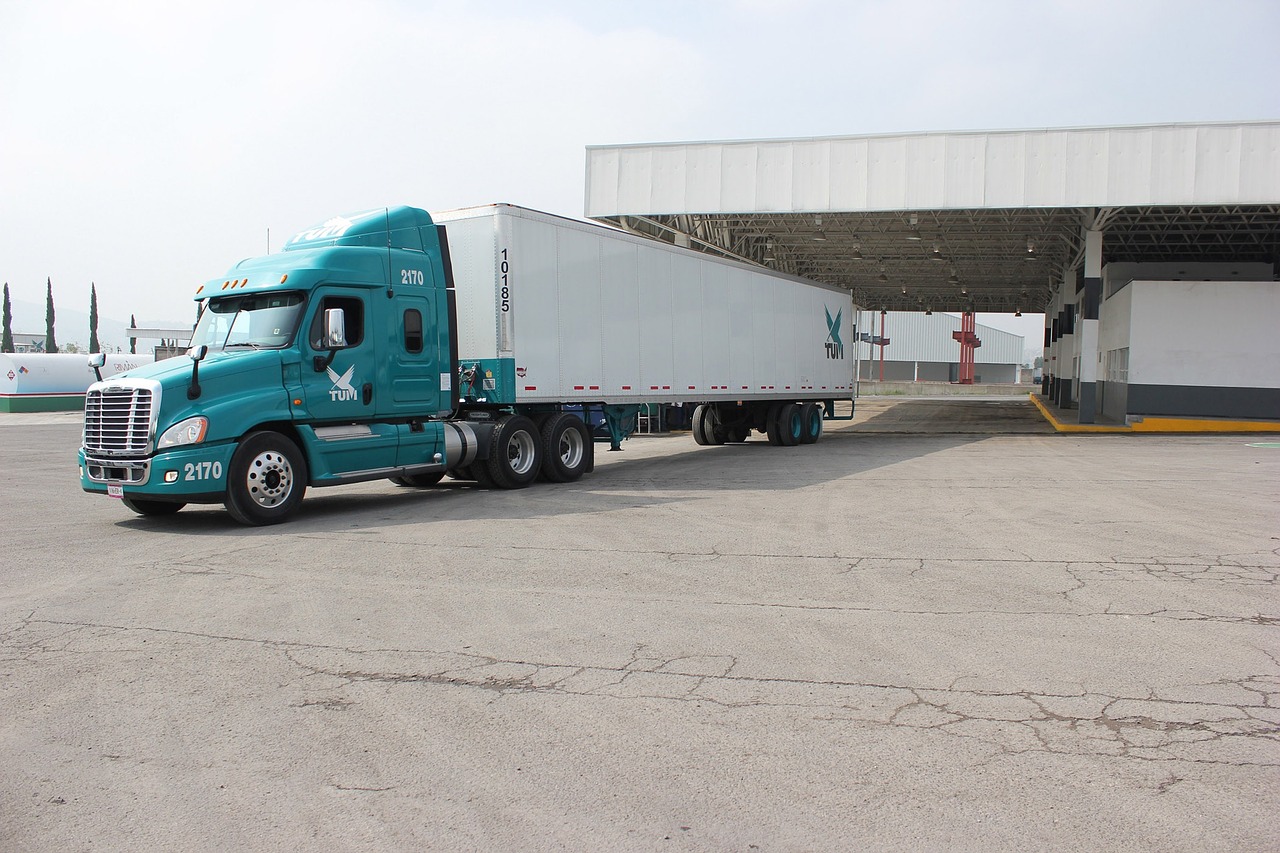
Sponsored article
A proper inspection of your truck before you set out on your journey is very important and should not be taken lightly. This will affect not only the comfort of driving, but above all safety. In addition, we will save ourselves nerves, excluding the possibility of failure on the road.
There is nothing worse than traveling in a dirty, unpleasant-smelling car, so before setting off, the priority should be cleaning the interior. Pay special attention to everything you come into contact with frequently: seats, floor mats, glove boxes, and controls on the dashboard. Also, don’t forget to give the exterior a good wash before you head out. Bugs and bird droppings are known to eat paint, and you’ll encounter many of them on the open road.
One of the most annoying feelings on a long road trip is getting buried in chaos where you can’t find anything you need. Organize the inside of your car before you leave so that this isn’t a problem. Make sure frequently used storage areas – especially cup holders – are in good condition. Pack enough cords and power supplies to power all the phones, navigation systems, and other electronics you might want to bring, and figure out where those cords should go before you lose them all in the canyon between the front seats. Finally, designate a specific garbage can or trash bag. This helps to keep the interior clean
It’s worth checking here that you have all the fluids you need, and you can get various containers such as fuel tanksto store them.
When you press the brake pedal, fluid compresses inside the brake lines, forcing the brake pads to clamp down on the discs and slowing your car down. If you ever notice that the pedal seems “spongy” or has extra travel, there may be air bubbles in the lines or the fluid may be contaminated. If a “spongy pedal” is indicated, remove these air bubbles from the lines
Modern vehicles use power steering to help turn the wheel at any speed, but this fluid can also become contaminated, making the steering less responsive. It’s a good idea to check the fluid level and condition every time you change the oil in your car
Brake pads provide the friction needed to slow and stop your car. They wear down with use and eventually become too thin to function effectively. This is usually heralded by the annoying squeal they produce when there is not enough material on the pads. Replacing your brake pads should eliminate the noise and, more importantly, make your trip safer. You can have this done by professionals like an authorized Volvo Trucks service center.
We know very well that the road is a dirty place. Cars use air filters to prevent dust, debris, and bugs from getting into the engine and interior. Eventually, these components can become clogged, affecting engine performance, fuel economy and interior air quality. Your engine air filter should be changed about once a year. It would also be a good idea to have your air conditioning inspected and filters changed, which you can purchase at Errecom.
A burned out headlight, taillight or turn signal is an easy way to get stopped while driving. To make sure they’re all in working order, start your vehicle, leave it in a parking lot, turn on the headlights, and walk around the truck to see if any bulbs have burned out. Repeat this process for the left and right turn signals. With the vehicle still parked, hold down the brake pedal with a block to check the condition of the stop lights.
Looking under the hood of a car can be intimidating, but there are a few obvious signs of trouble that anyone can spot. Tighten the belts to make sure they are tight. There should be very little slack, and if the belt has teeth, none of them should come loose when you push the belt. If the belt misses any teeth, don’t try to steer it! While you’re there, look for visible cracks, frayed or missing teeth in the belts that indicate they should be replaced. Check the hoses to see if there are any fluid leaks, especially toward the ends of each hose. A hose or belt failure while driving could spell disaster for your engine.
(Photo: pixabay.com)